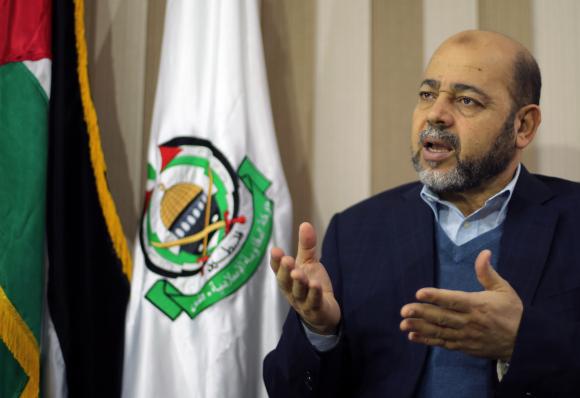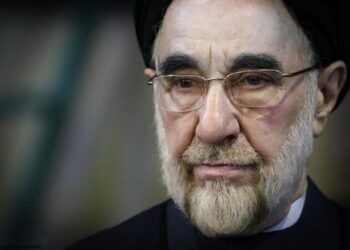December 26-2014

by Warren L. Nelson
Iran and the Palestinian Hamas appear to have patched up their dispute to some degree, though it remains unclear whether this will re-restart the flow of major Iranian financial aid to the group.
Iran was the major financier for Hamas four years ago, but after the civil war erupted in Syria, Hamas backed the rebels and Iran supported the regime there.
The result was a rapid decline in ties. Relations were never completely halted, however. Iran still supplied some military aid. But the cash support that kept the Hamas regime afloat was reportedly reduced to a trickle.
Earlier this month, a Hamas delegation traveled to Tehran to try to patch up the differences. Hamas’s number two leader now says the partnership is back on the rails.
However, Tehran has been silent.
Speaking to Reuters in Gaza last Wednesday, Moussa Abu Marzouk said: “I believe that bilateral relations between us and the Islamic Republic of Iran are back on track.”
But he was vague on specifics—like what military aid Hamas would now get, how much cash Tehran would send the group, and whether Hamas would change its position on Syria.
“There are many indications that … relations have been resumed in the proper way, as in the past,” Abu Marzouk said, without elaborating.
The Palestinian daily Falestin reported that Hamas took the initiative for the visit.
The Hamas representative in Tehran, Khalid al-Qaddumi, told Al-Monitor, “The visit was positive and the meetings with the Iranians were warm…. Hamas does not have to reveal the mechanism and details of the support it receives from any party, or the nature of ties it has with the parties it deals with.”
Another Hamas official abroad told Al-Monitor anonymously, “Hamas is aware that Iran is under a harsh economic blockade and its financial expenses are enormous in neighboring countries. We may not have great hopes that financial support will be as generous as it was before, but the military support for the movement may not be harmed much, which is sufficient for us at this stage.”
In a sign that weapons supplies from Iran may have slowed earlier, Hamas used mostly locally-made long-range rockets to attack Israeli cities in the conflict five months ago. It launched Iranian-produced rockets in the previous confrontation with Israel in 2012.
Abu Marzouk made clear that the blossoming of relations with Iran does not mean Hamas wants to resume its bloody battles with the Israelis. He said Hamas would remain committed to the Egyptian-brokered truce that ended the war as long as Israel abided by it. Iran opposed the truce.
Abu Marzouk said Hamas was focused on rebuilding from all the damage the Israelis did. But he said only $150 million out of $2.7 billion pledged internationally for reconstruction had materialized. Given sanctions and the oil price collapse, Iran is not likely to be able to help much in that area.
But Iran’s financial aid in the past was key just to keeping Hamas’s government offices running even without a huge reconstruction program.
Meanwhile, the General Court of the European Union ruled last Wednesday that Hamas should be removed from the EU’s list of terrorist organizations. It was that court’s ruling several years ago removing the Mojahedin-e Khalq from the EU terrorist list that start the ball rolling on behalf of that group.
The court ruled last week that the evidence the EU had used to list Hamas did not justify the group’s inclusion.















